When you’re setting up a website for your business, it can be difficult to know which Content Management System (CMS) to choose.
The goal of any good custom software development company is to deliver software and websites that are both attractive and easy to manage. It’s crucial that you’re able to easily add articles, products, testimonials and more. You’ll also want to be able to update the copy on your site and make changes based on A/B (page layout comparison) testing.
One of the biggest decisions is whether you should buy a commercial content management system or choose an open source option.
Most developers have favourites from each category. There are pros and cons of each, and the best choice will depend on the size of your business, your level of comfort with certain technology, the way you want to manage your website, and the amount of support you need.
What is a Content Management System?
 A Content Management System is a platform that allows users to publish, edit, and modify content for a website without needing to know how to code using languages like CSS or HTML. This gives website owners more freedom to update or change content whenever they would like without relying on a developer.
A Content Management System is a platform that allows users to publish, edit, and modify content for a website without needing to know how to code using languages like CSS or HTML. This gives website owners more freedom to update or change content whenever they would like without relying on a developer.
An important decision to make is whether to use an open or closed source Content Management System for your website. Every business owner wants their website to look good and can be easily managed, but choosing a Content Management System that has proper functionality and flexibility is very important.
What is Open Source?
Open source software (OSS) is distributed under a licensing agreement which allows software code to be shared, viewed and modified by other users and organisations. Or in other words, open source software was written for the community by the community, and is available to the general public to use and modify from its original design free of charge (with only minimal conditions applying). What it means is that a piece of software can evolve and be iterated upon by other developers anywhere in the world and for any purpose.
There are a number of popular open source platforms, including WordPress, Joomla, Drupal, DotNetNuke and many more. Which one is best typically depends on the platform which suits your individual website requirements more closely, as they all handle different things better than others.
What is Closed Source?
Closed Source software can be defined as proprietary software distributed under a licensing agreement to authorised businesses with private modification, copying, and republishing restrictions. Or in simple terms, the underlying source code is not shared with the public for anyone to look at or change, because the software vendor needs to protect their IP (intellectual property) rights. Closed source is the opposite of open source, in that the code is locked down (only modifiable by the software vendor themselves).
Key Differences Between Open and Closed Source Content Management Systems
#Cost – One of the major advantages in an open source CMS is cost, since the foundational platform is free of charge (businesses only pay for configuration and customisation services). For a Closed Source CMS, depending on the complexity of the system, the cost can vary between a few hundred to a few thousand dollars, which includes a base fee for the platform and required modules, integration and services and annual licensing/support fees.
#Service – Open Source software CMS depends on the strength of the online user community to deliver support via forums and blogs, but this support often fails to deliver the high level of response that many consumers may expect if something fails with the platform. Service and support availability are probably the greatest advantages of using closed source CMS. Ongoing support is a key attraction for business users and one of the main reasons people choose closed source over open source CMS.
#Security – Security of open source is often a concern for large companies because open source software is not always developed in a controlled environment. There are also continual updates which address known security issues with open systems (since vulnerabilities are easier to find and exploit). However, your developer can also use a variety of plugins and other tools to boost your site’s security over and above the platform. Diligently taking patches also helps. Proprietary or closed software is generally seen as more secure because it is developed in a controlled environment and heavily audited, and security patches are usually provided automatically as part of the support package by commercial CMS software vendors.
#Innovation – Open source CMS provides a large amount of flexibility and freedom to change the software without restriction but changes to the original source code can limit the future support and growth of the software. Some may see the inability to view or change the source code in closed source CMS as a drawback when compared to the unrestricted flexibility of open source; however, this restriction ensures the security and reliability of proprietary software that is thoroughly tested and offered en masse to the entire user base. So it really comes down to how closely the commercial CMS package can match your requirements (both current and future).
When deciding which content management system is right for your business, it’s a good idea to get professional advice from an experienced software developer. Call 1300 739 117 or email [email protected] today to discuss your options and whether a closed or open source content management system is right for you.




